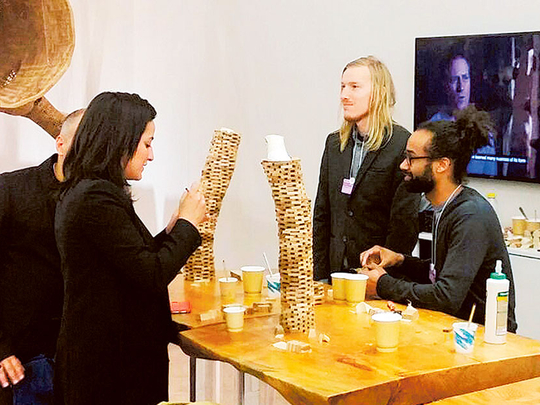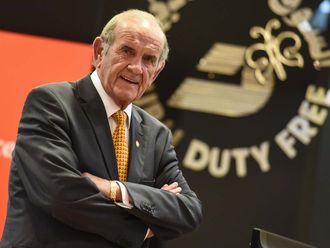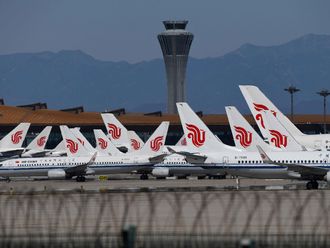
Davos: The European Union was set up to ensure that European nations will never go to war again, and to build security and prosperity for its people. Dutch Prime Minister Mark Rutte reminded the Davos session on Europe’s future that this essential vision is as valid today as it was when sovereign European nations came together to build their future together.
He was speaking just after British Prime Minister Theresa May had given a lacklustre defence of Britain’s decision to leave the EU, about which Rutte simply said that the UK had chosen to control immigration and therefore will cut itself off from its biggest market, which can only lead to lower economic growth for Britain.
The panel of European politicians and businessmen with whom Rutte was debating Europe’s future were utterly convinced that the EU is necessary and has achieved a lot, even though it needs urgent reforms.
Ana Botin, Group Chairman of Santander Bank, was very clear when she said that “Europe has been a success. It is the best model for growth, peace and prosperity, but we need to integrate faster and we need structural, fiscal and banking reform to build a more durable union”.
Weakening euro
Rutte agreed that the EU needs to change, and he listed several problems that need to be addressed. First was that not all Eurozone members carry out their commitments to reform, and therefore they are weakening the euro for all the member states. He also wanted the Single Market to expand to cover services and digital, and he regretted a recent European Commission decision to refuse to allow free flow of data across borders which now has to be reviewed by the member state, 20 of whom have supported the move. And lastly he wanted the new European budget to focus on supporting job creation.
Frans Timmermanns, the European Commission’s First Vice President for the Rule of Law and Better Regulation, agreed with Rutte and took pride in his department’s efforts to reduce the flow of regulation from Brussels. He said that it has dismissed 80 per cent of new proposals and is now looking back over old proposals to see what can be reviewed.
The issue of how member states behave in the EU was raised by Martin Schultz, the President of the European Parliament, as he reminded the panel that every member state is a sovereign nation that has chosen to join the EU and work with its institutions. This means that “nations have to take ownership of European decisions, and not run back to their voters blaming Brussels for everything”.
But like every other mainstream European, Schulz was convinced that the EU is both a necessary thing but one which also has done a great deal of good. “The population of the EU is 7 per cent of the global total, and after the UK leaves it will become 5 per cent. We have to stick together if we are to have any impact outside our borders”.
Emotional campaigning
This is not the view of the current British government, and earlier May had used a rather bizarre description of the heated and emotional campaigning around the Brexit referendum, when she said that “a little over 6 months ago, millions of my fellow citizens upset the odds by voting, with determination and quiet resolve, to leave the European Union and embrace the world”.
May did tell the Davos audience that “it remains overwhelmingly and compellingly in Britain’s national interest that the EU as an organisation should succeed” but went straight on to dismiss much that the Europeans hold dear when she described the Brexit result as “a vote to restore parliamentary democracy, national self-determination and to return the right to make decisions for ourselves”.
She also launched her latest catchphrase of Britain becoming Global Britain as it returns to its internationalist heritage and she described Britain as being proud of its shared European heritage, but also a country that has always looked beyond Europe to the wider world.












